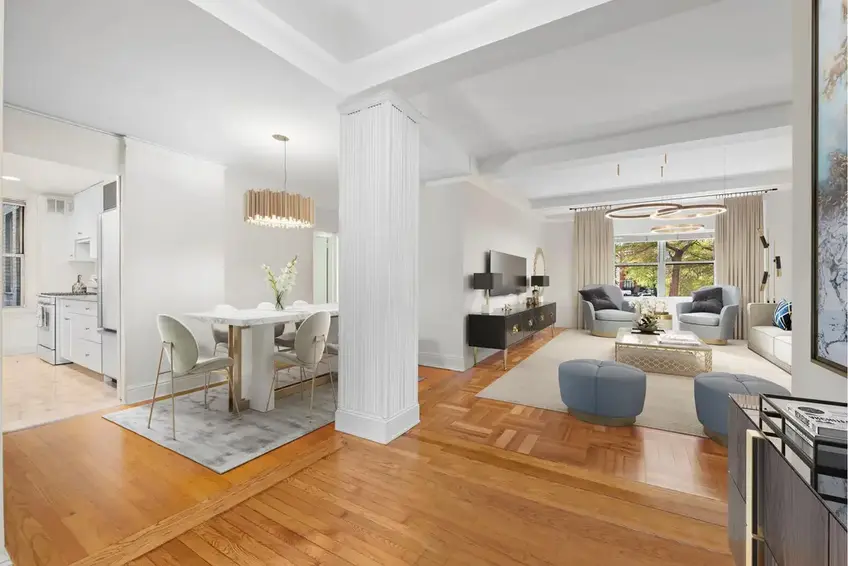 Letters of recommendation are a key part of board packages for apartments like this. (60 Gramercy Park North, #2A - Douglas Elliman)
Letters of recommendation are a key part of board packages for apartments like this. (60 Gramercy Park North, #2A - Douglas Elliman)
If you’re not from New York City or simply new to the world of coop living, it may come as a surprise that in order to buy a coop, you need letters of recommendation. In fact, in most cases, you will be asked to provide at least three letters of recommendation when you submit your coop board application. Whether you’re soliciting letters as a buyer or writing a letter for a colleague or friend, it is important to understand the process and what goes into the composition of a great coop board recommendation.
In this article:
Soliciting Coop Board Recommendation Letters
Since these letters are designed to make a good impression on coop board members, it is important to solicit letters from people who are well-positioned to vouch for you and likely to present as highly respectable to coop board members.As a rule of thumb, ask a mix of friends and colleagues who have known you for a reasonable amount of time and who can either attest to your stability (e.g., your work ethic and collegial nature) and speak to why you would make a great neighbor and community member.
Since anyone living in a New York City coop has also undergone this process, don’t be shy about asking. Most colleagues and friends who have had to solicit these letters will be more than happy to return the favor. Also, because coop living in New York City is a particular experience, when possible, solicit letters from other New Yorker coop shareholders. After all, while your best friend who lives on an 85-acre farm in Vermont may know you better than anyone else in the world, they may not be best positioned to vouch for your ability to live in a multi-family high-rise coop in New York City.
Finally, while soliciting a letter from a famous New Yorker might help, it could also backfire. A letter from a politician or celebrity may impress some board members, but if they have already formed an opinion about the individual in question—and it’s unfavorable—the letter could be a liability. Play it safe and look for letters from people who are likely to be viewed as reliable but are unlikely to be well-known (e.g., a colleague in a managerial position at work or a friend who happens to be a physician or educator). Also bear in mind that different coop boards will have slightly different criteria. While letters from bankers or hedge fund lawyers may be ideal if you're attempting to woo the board members of a Park Avenue coop, the same letters may not help sway the members of an HDFC on the Lower East Side.
The Basics
Coop recommendation letters should be addressed to “Members of the Board.” If possible, ensure the writer uses letterhead that clearly states their name, address, phone number, and email address. This will immediately help to legitimize the recommendation. If they’ve used work letterhead, it will also highlight their professional standing, which can make a difference for some board members.As for the content of the letter, don’t overshare and avoid listing the applicant’s professional accomplishments in detail. A good letter should simply state how long the recommender has known the applicant and in what context and offer evidence that the applicant would make a good neighbor and community member. It is advisable to speak about the applicant's generosity and, if possible, their history of volunteerism. If you know the applicant’s spouse or children be certain to mention them, indicating why you would also welcome them as neighbors.
There are also a few things you might want to avoid mentioning in a coop recommendation letter. While statements such as “X has more friends than anyone I know” may sound positive, such statements can backfire in this context. Some coop board members may assume that “more friends than anyone I know” necessarily means that the applicant is constantly entertaining.
The most important rule is to keep the letter short and sweet—ideally, just one page that says what it needs to say without saying anything more.
The most important rule is to keep the letter short and sweet—ideally, just one page that says what it needs to say without saying anything more.
Do Letters Matter?
Applications packages contain reams of information about the applicant, their work history, and financial status. Letters of recommendation are just one element and by no means the most important element. That said, if an application doesn’t include the required number of recommendation letters, it will likely be rejected. For this reason, recommendation letters may be a minor part of most coop application package, but they are also a critical part.
180 Thompson Street, #LD (Compass)
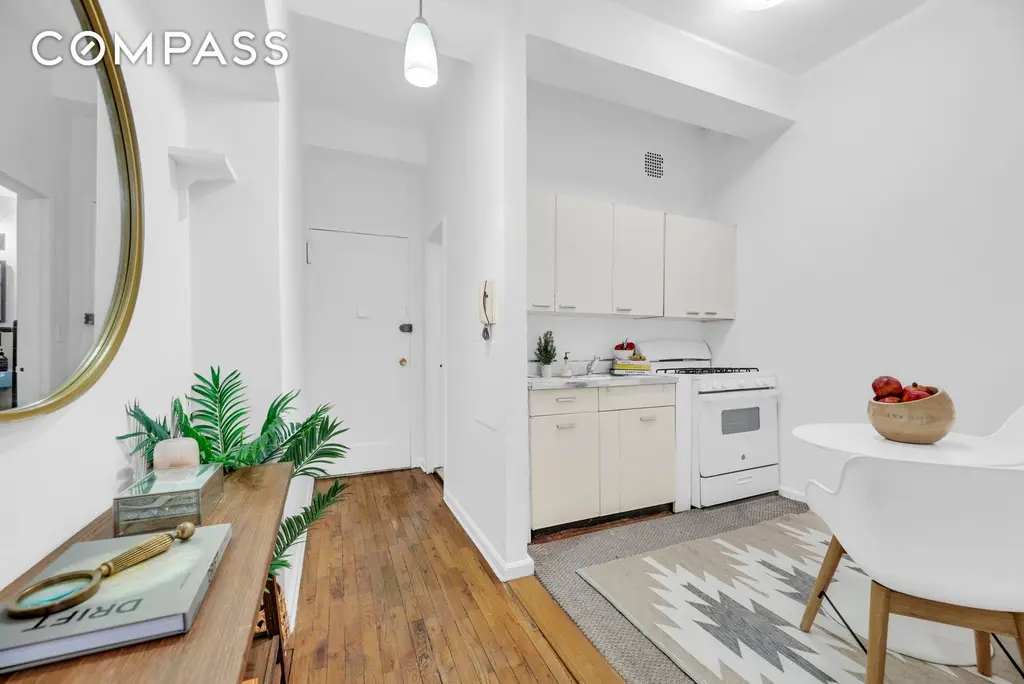

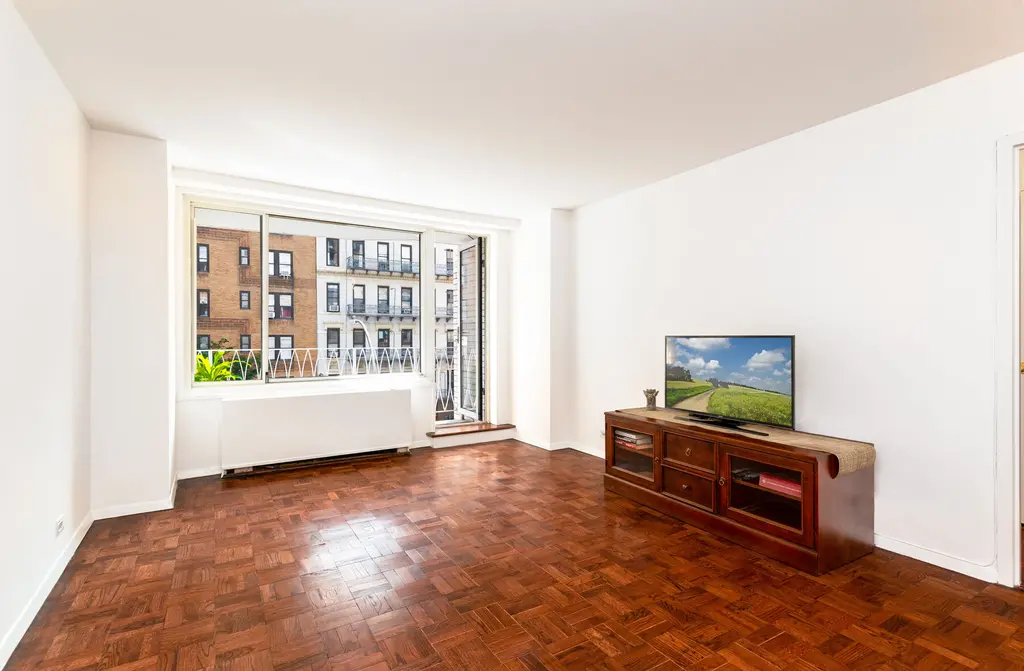
The Frost House, #4H (Berkshire Hathaway HomeServices New York Properties)
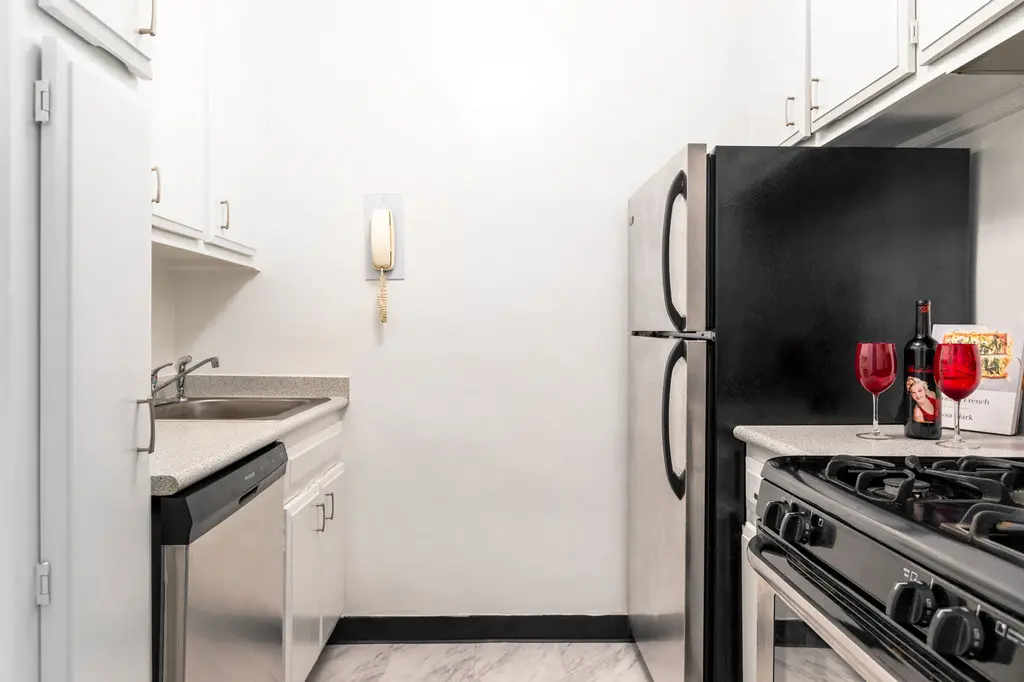
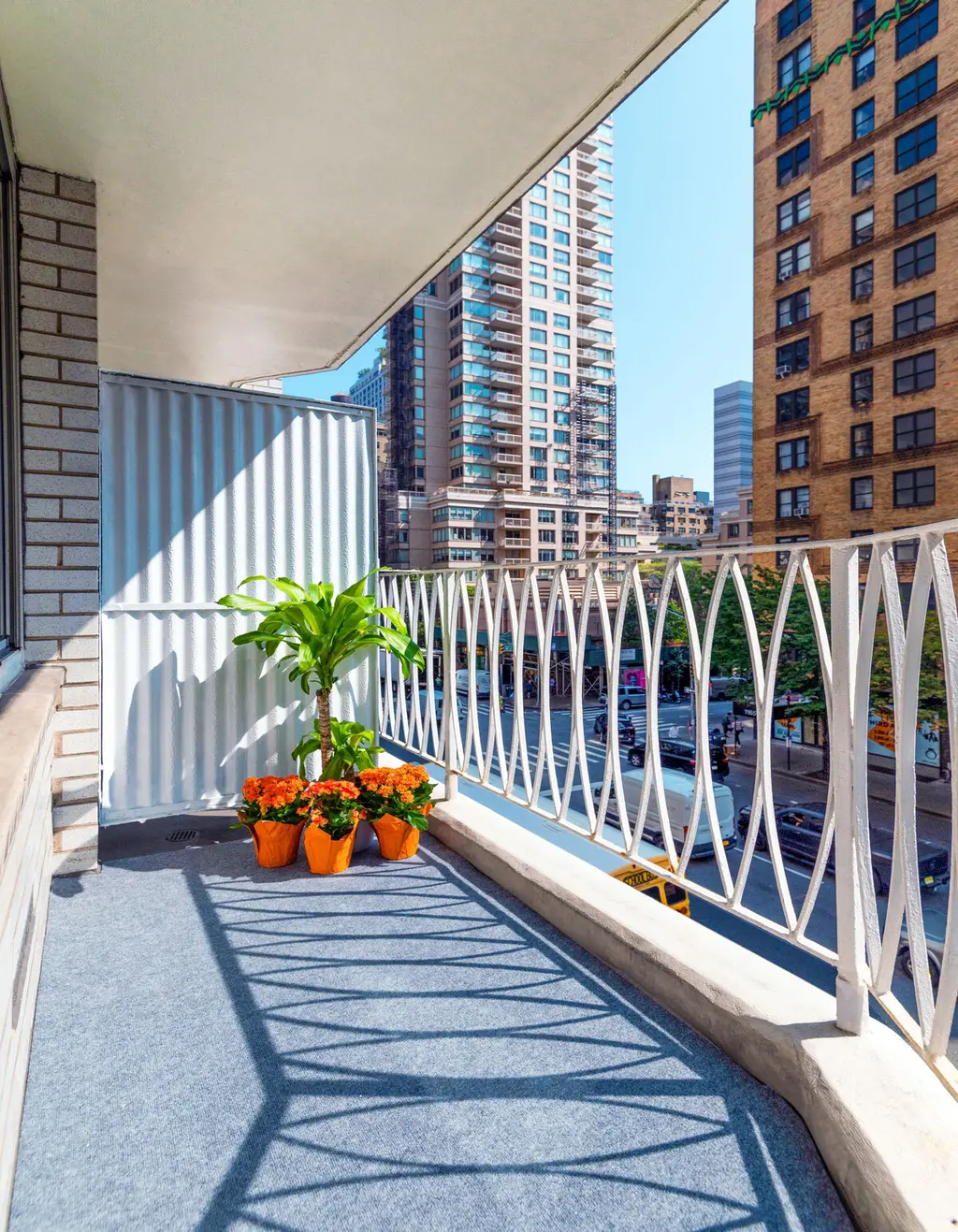
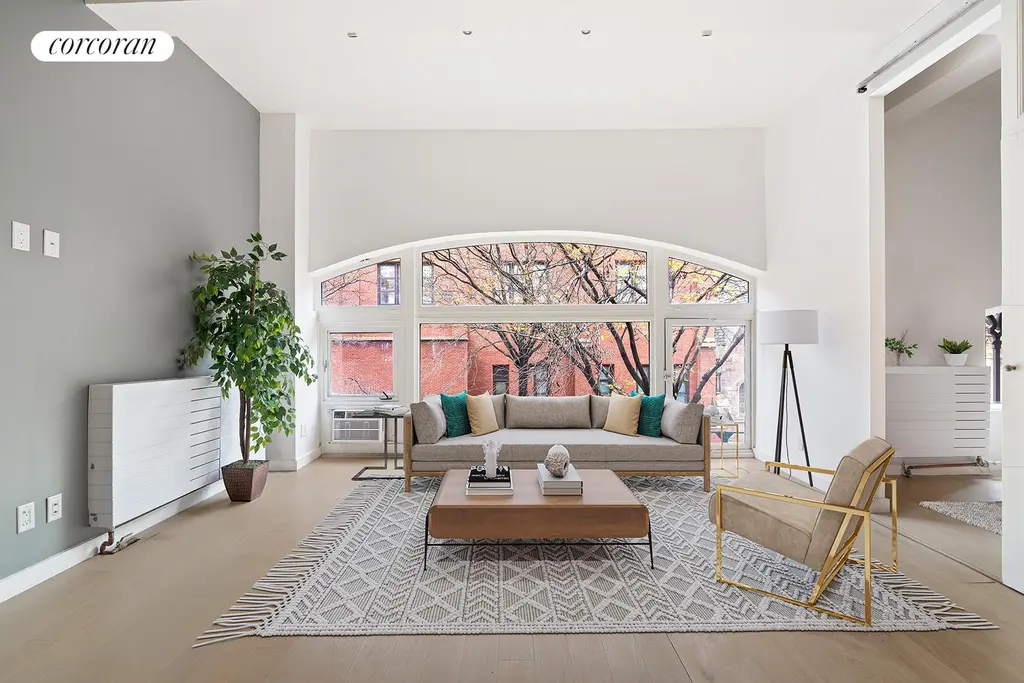
150 Joralemon Street, #2C (Corcoran Group)
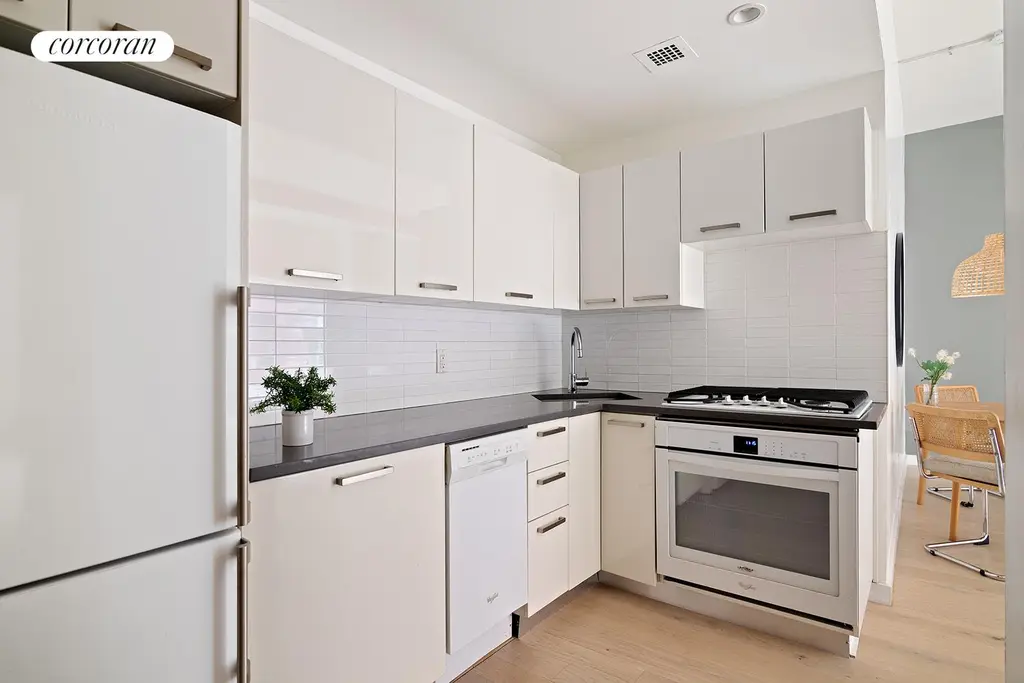

Would you like to tour any of these properties?
Just complete the info below.
Or call us at (212) 755-5544
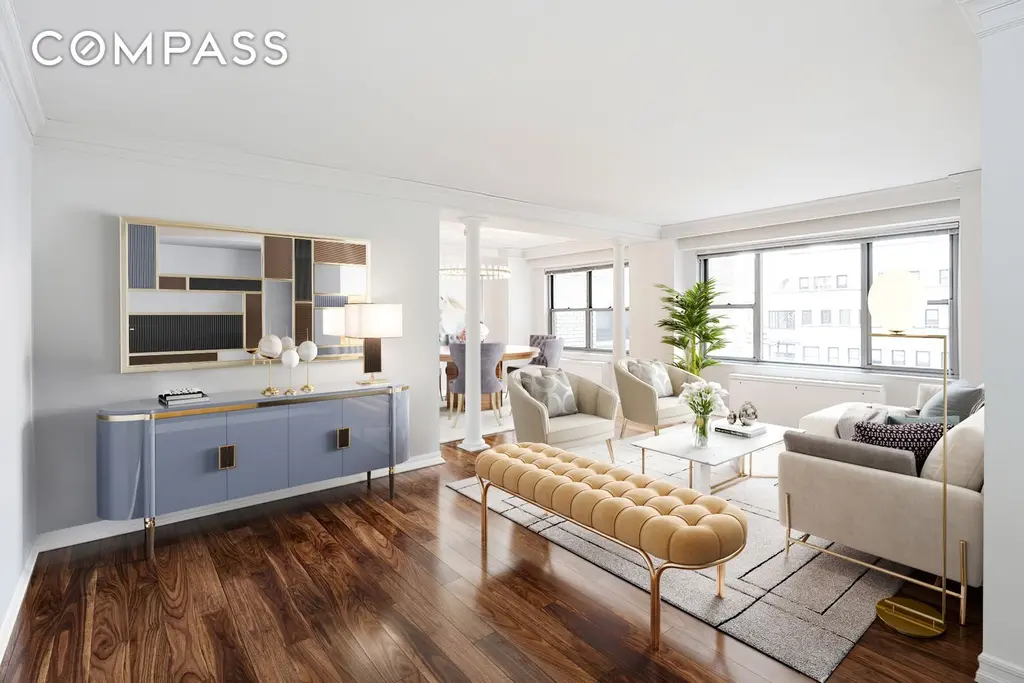
Plaza 400, #21E (Compass)
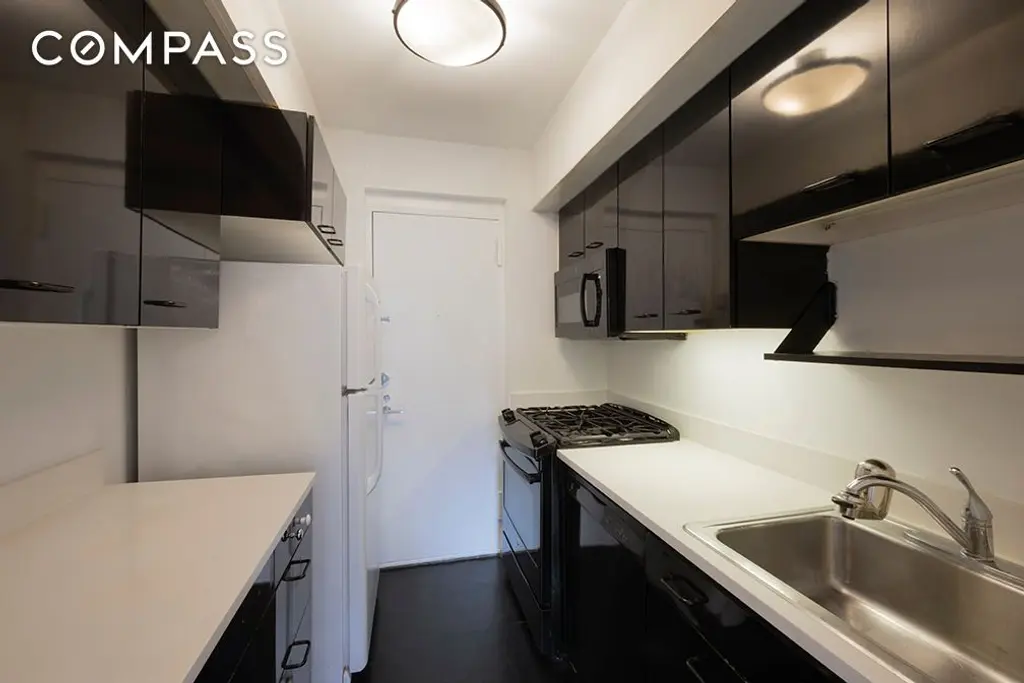
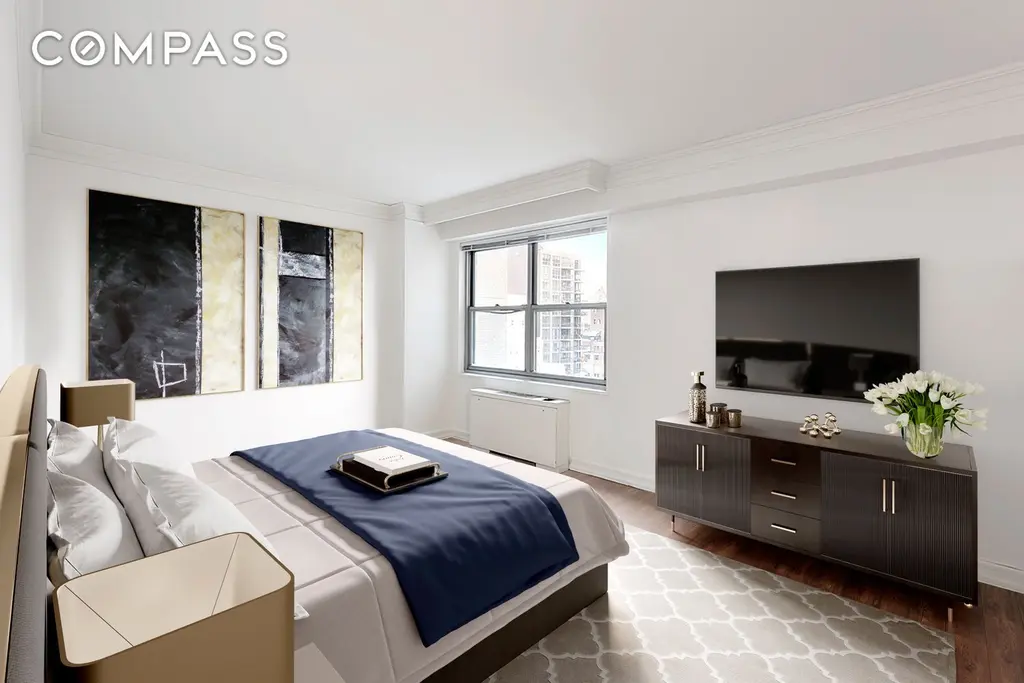
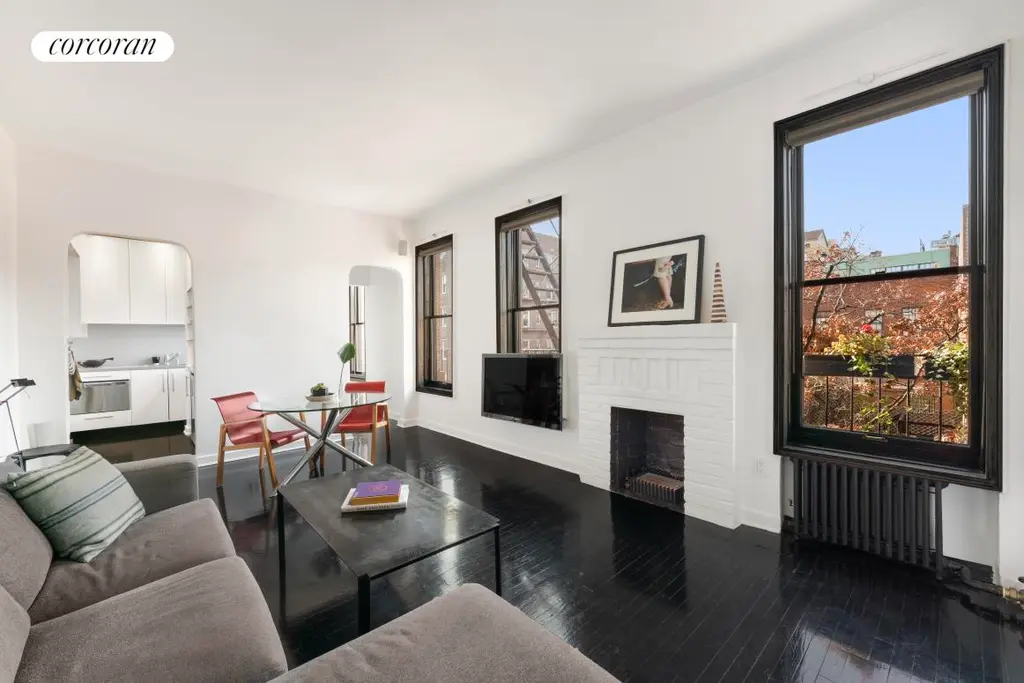
10 Bethune Street, #3BC (Corcoran Group)
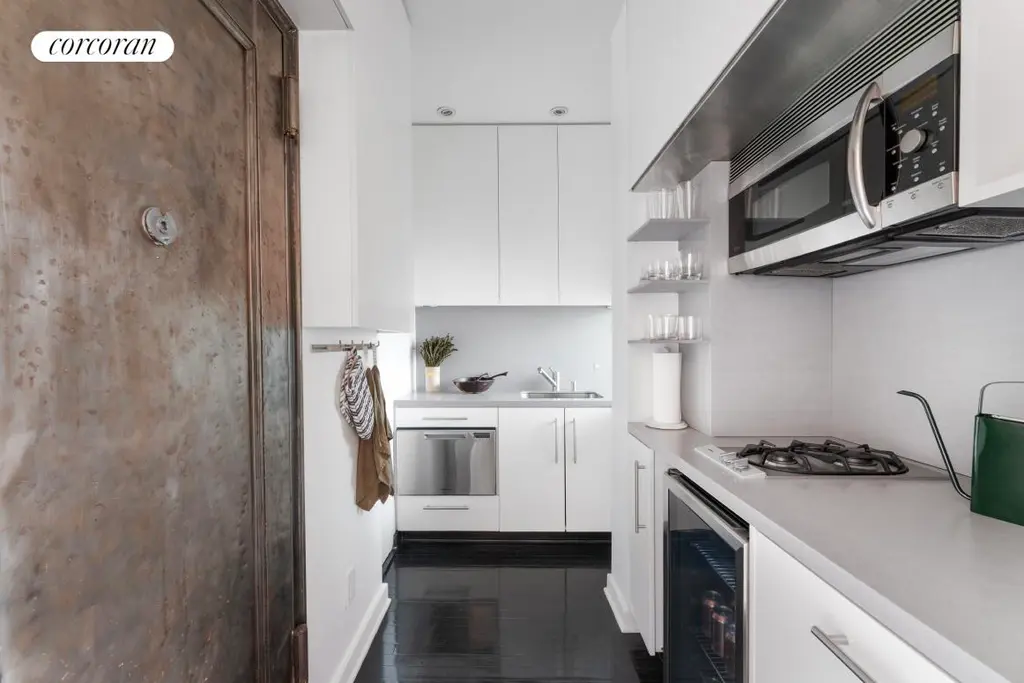
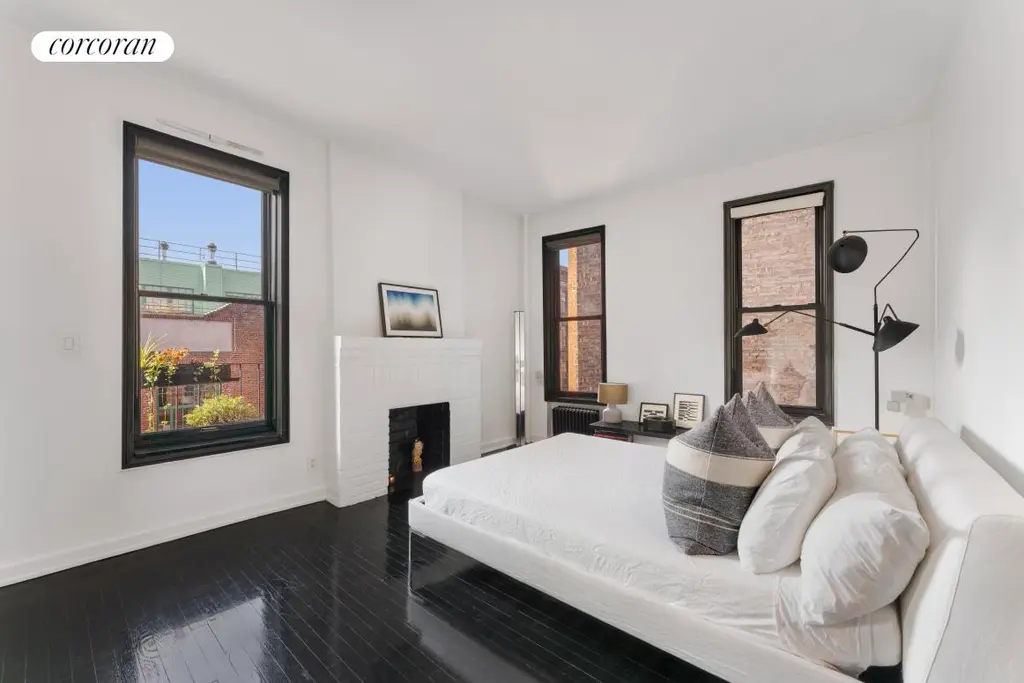

The Peter James, #19D (HomeDax Real Estate LLC)
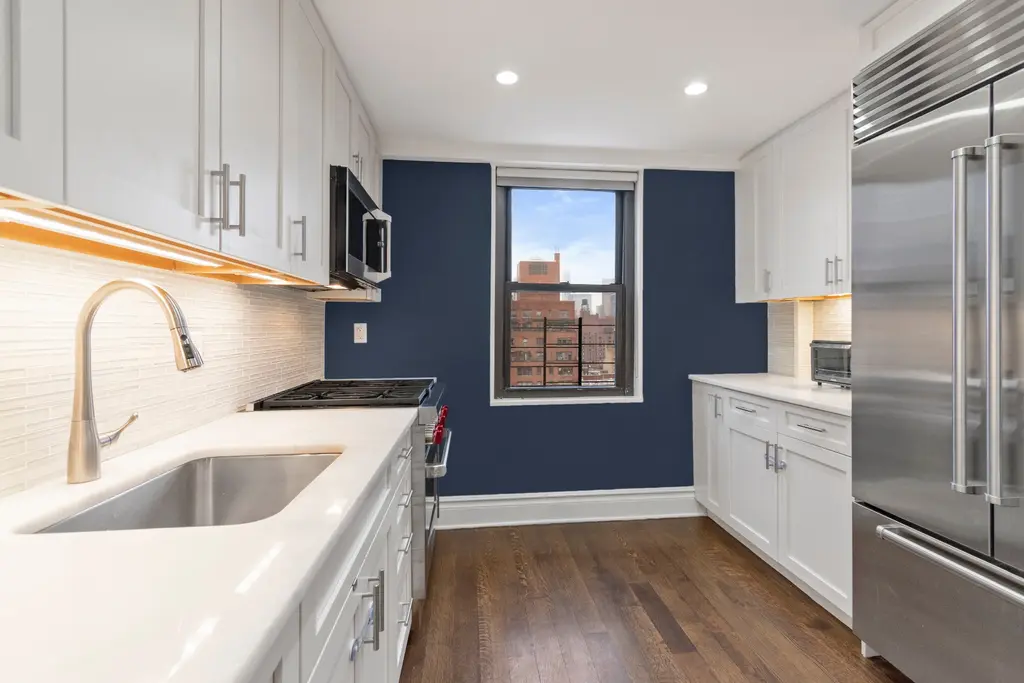
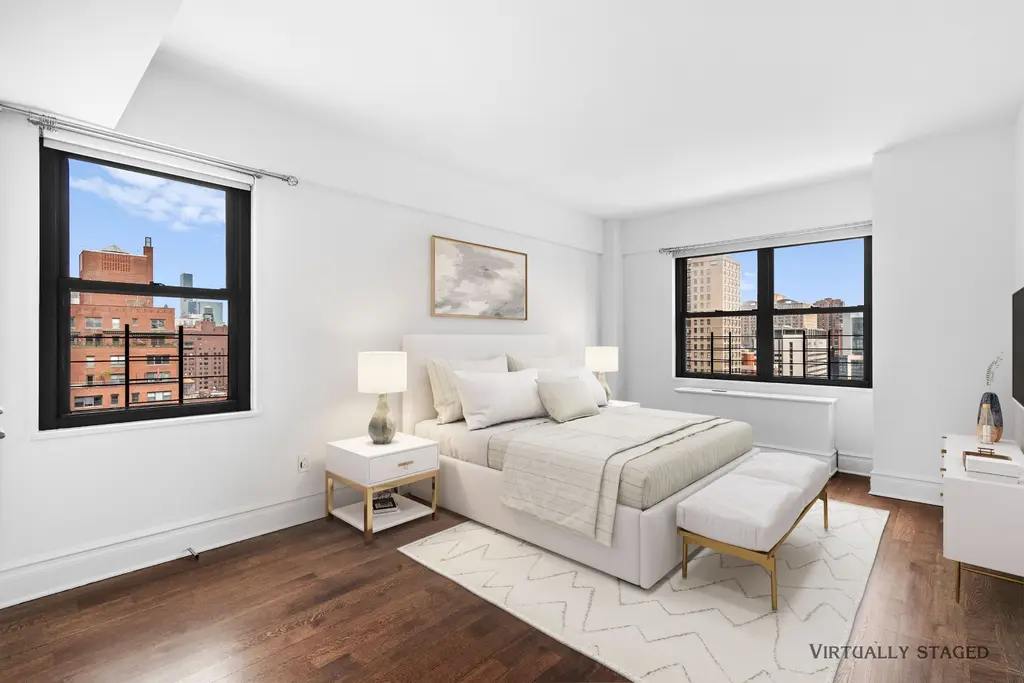
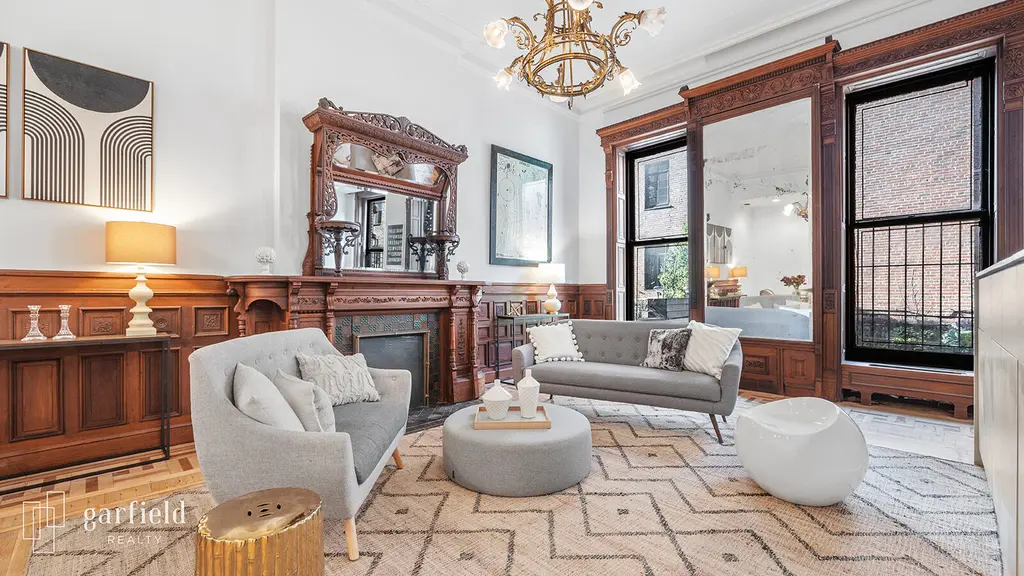
24 Eighth Avenue, #1B (Garfield Realty Corp)
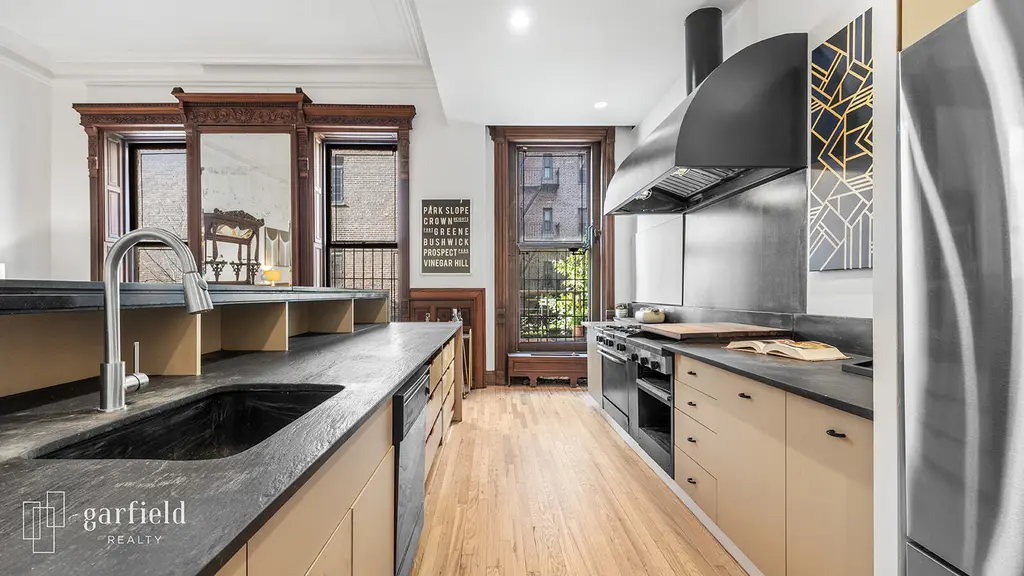
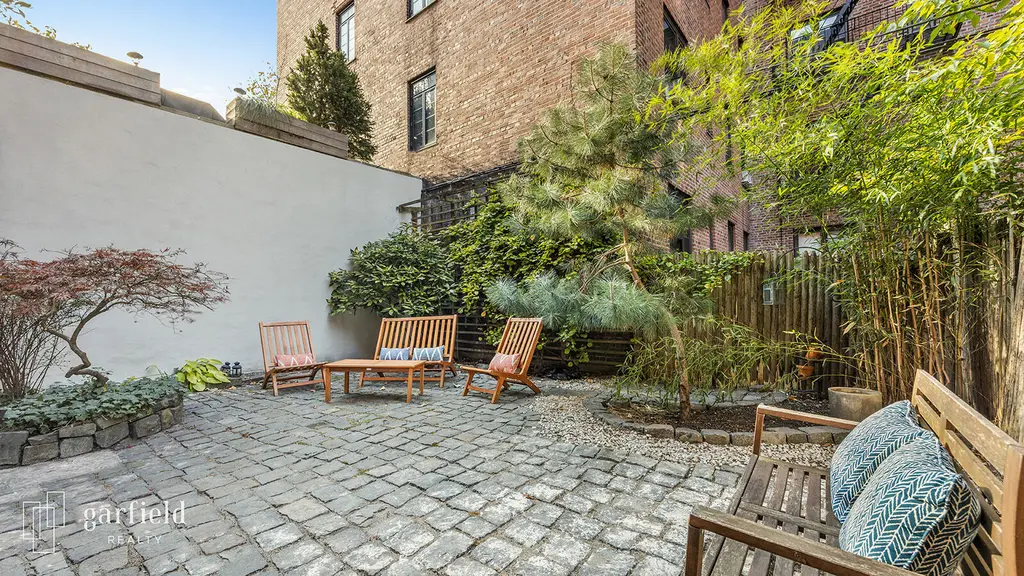
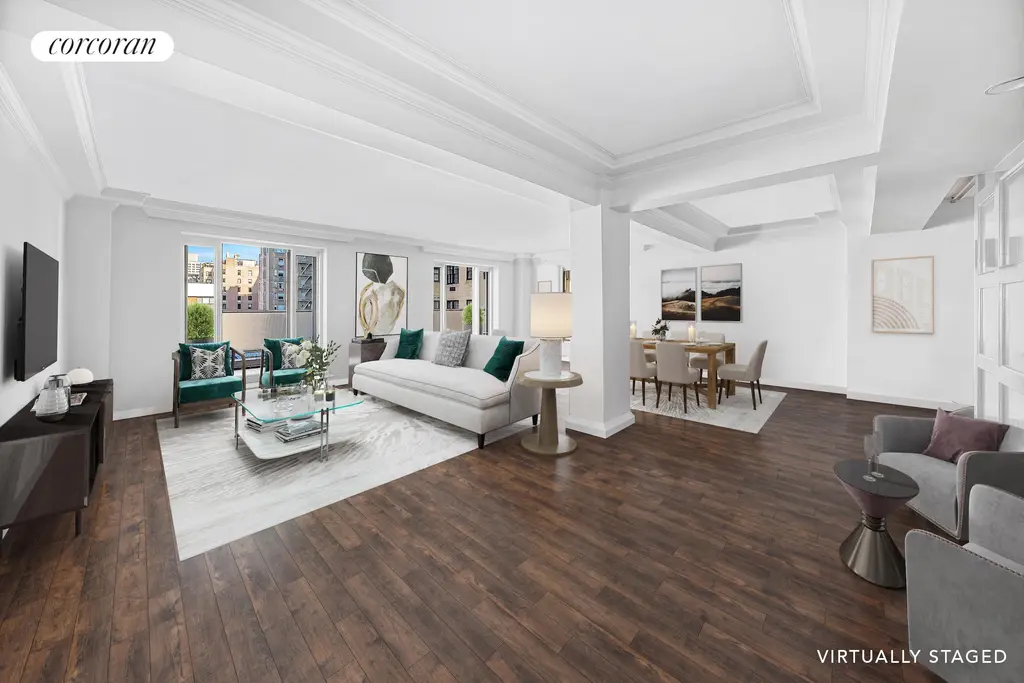
45 East 72nd Street, #11B (Corcoran Group)
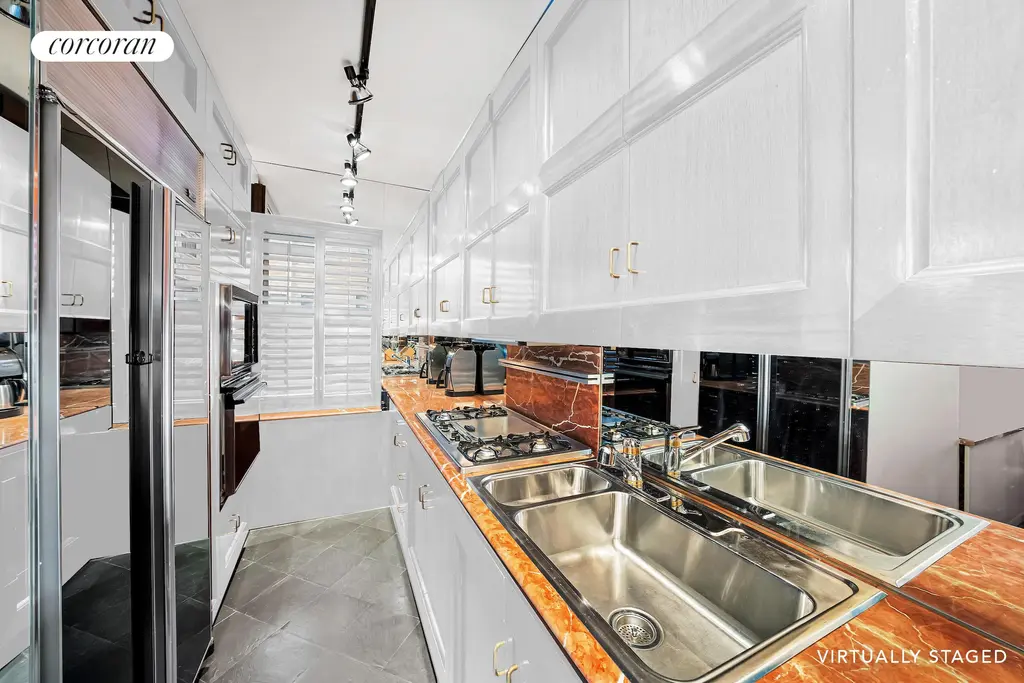
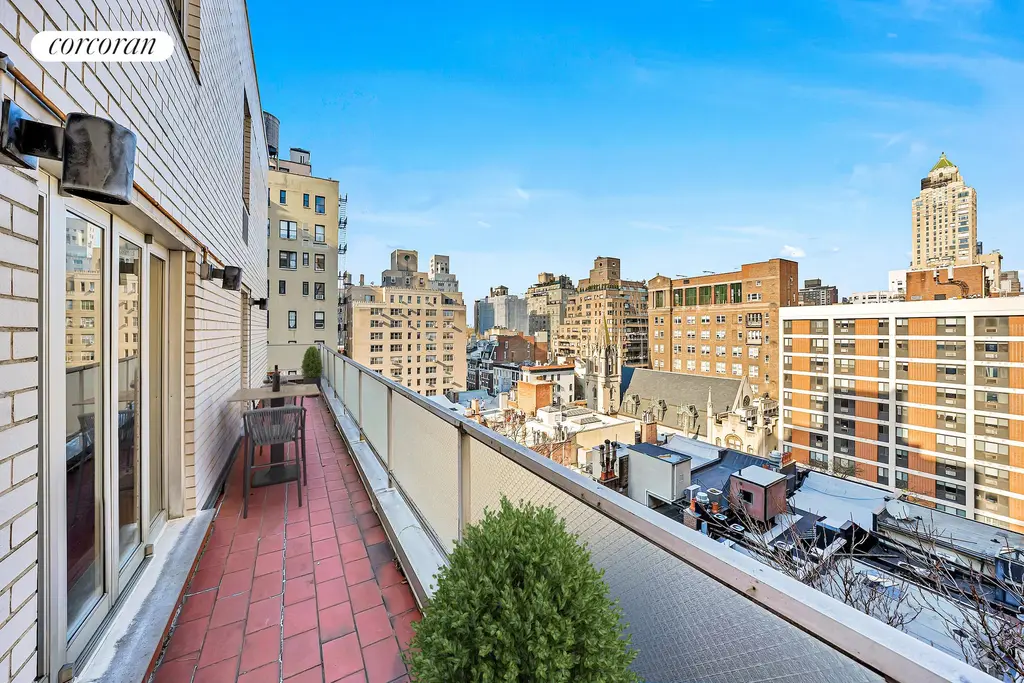

1 East End Avenue, #MAISONETTE (Berkshire Hathaway HomeServices New York Properties)


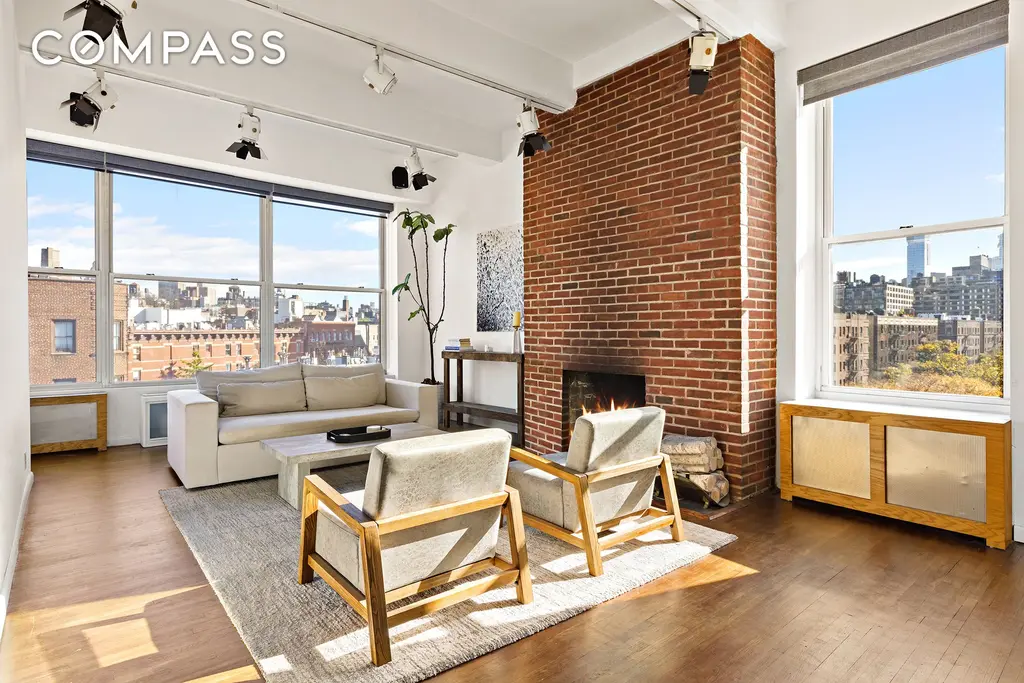
Hudson Mews, #5A (Compass)
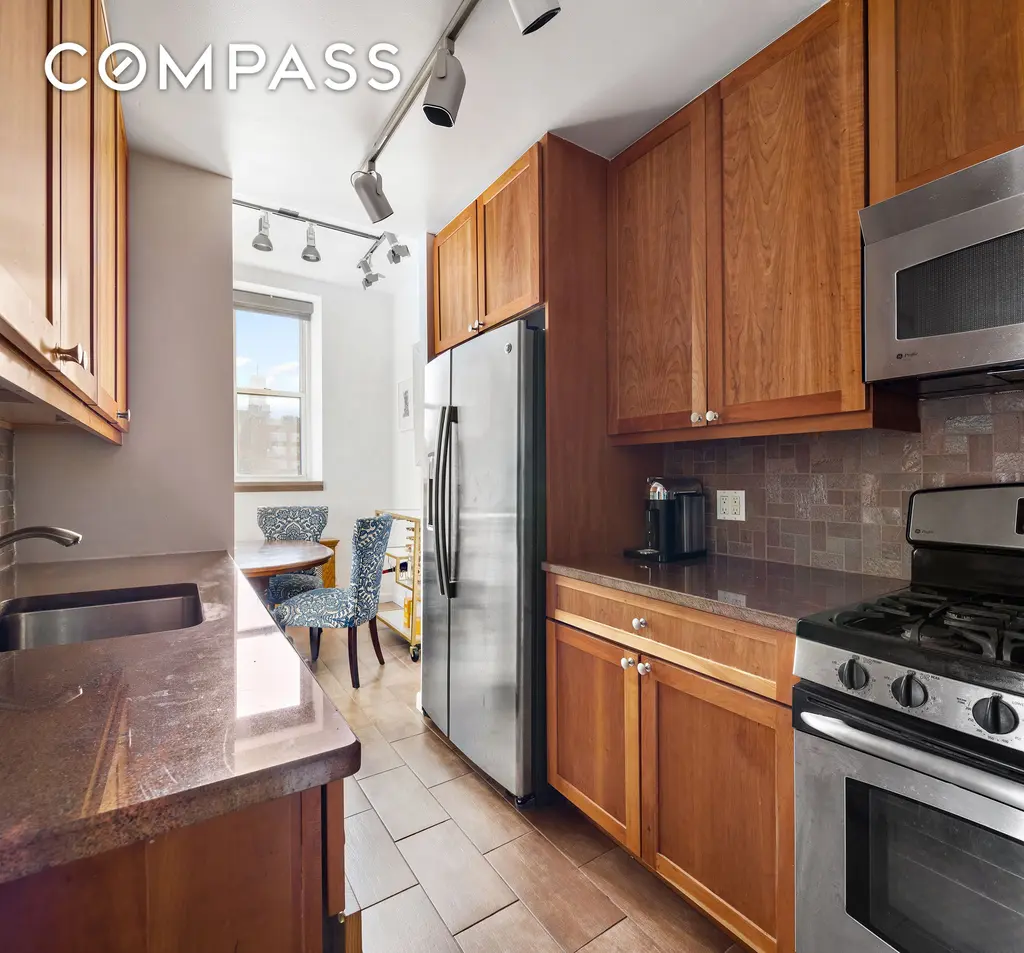
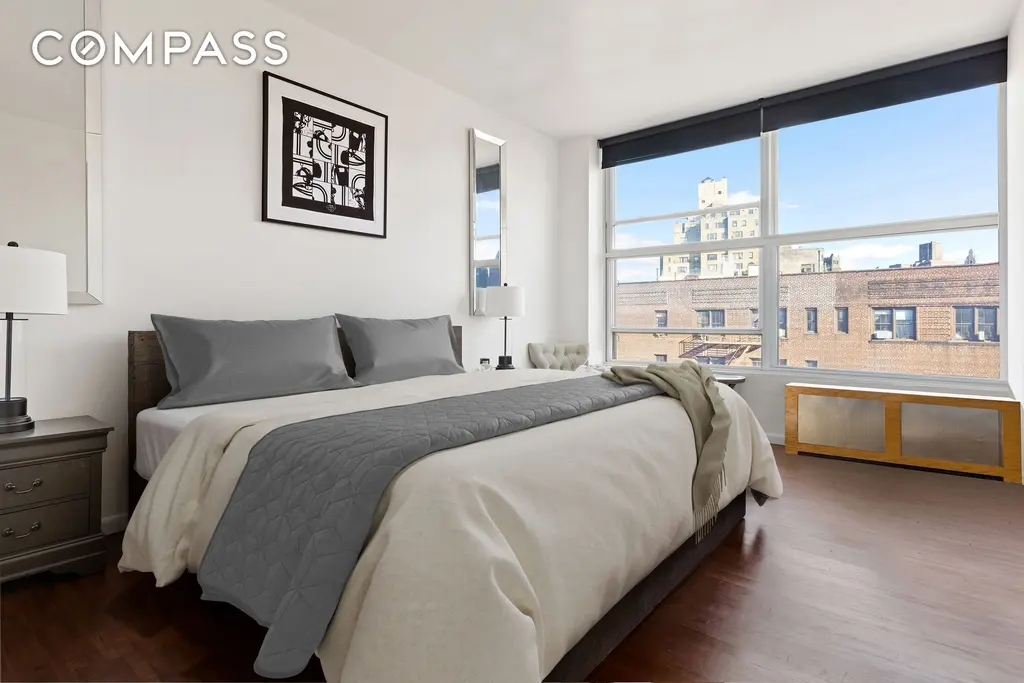

45 East 9th Street, #8 (Sothebys International Realty)

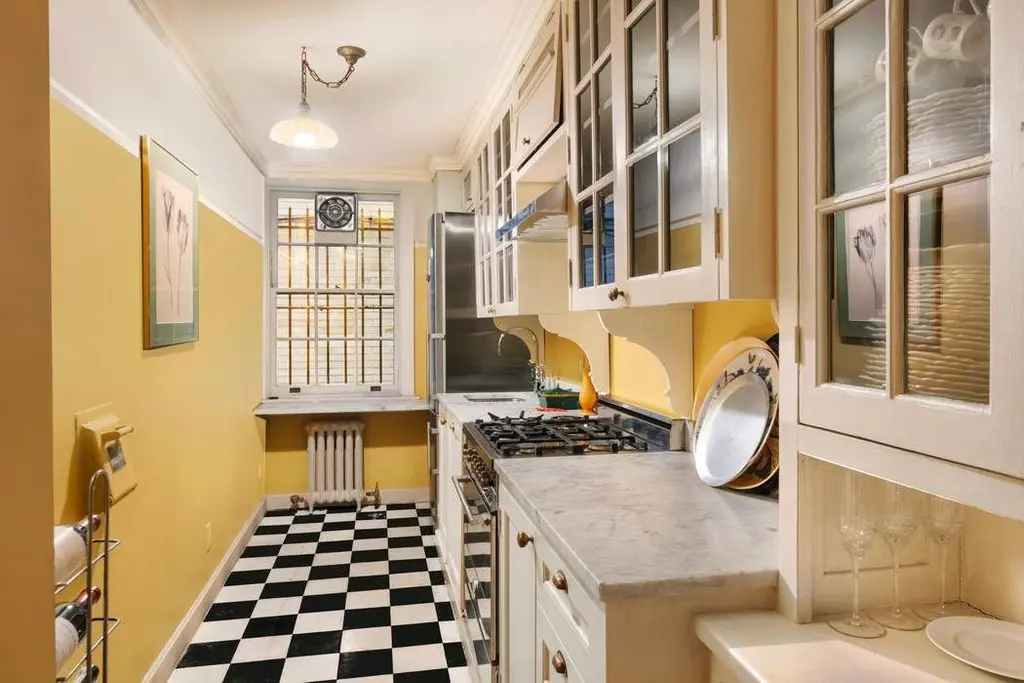
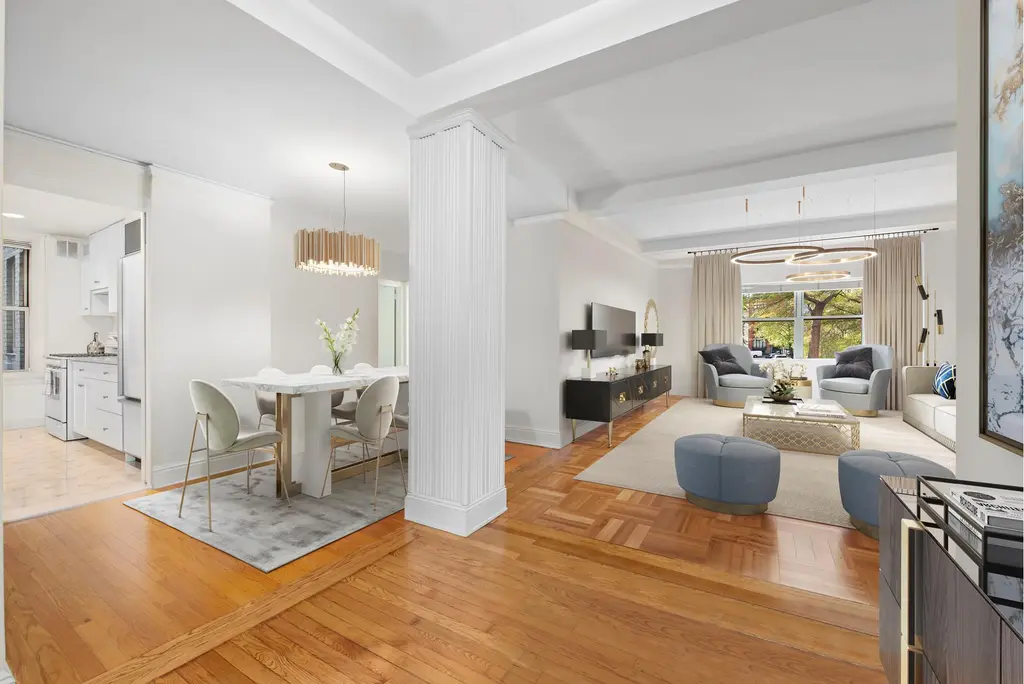
60 Gramercy Park North, #2A (Douglas Elliman Real Estate)

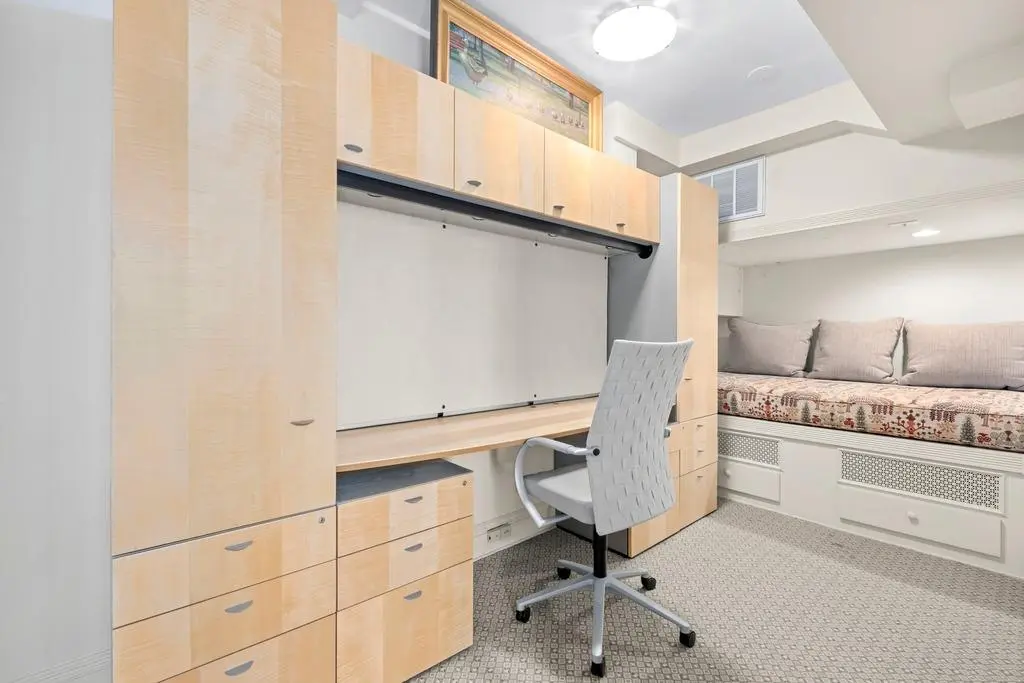
75 Livingston Street, #23AB
$4,195,000
Brooklyn Heights | Cooperative | 3 Bedrooms, 3 Baths | 3,000 ft2

75 Livingston Street, #23AB (Compass Greater NY LLC)
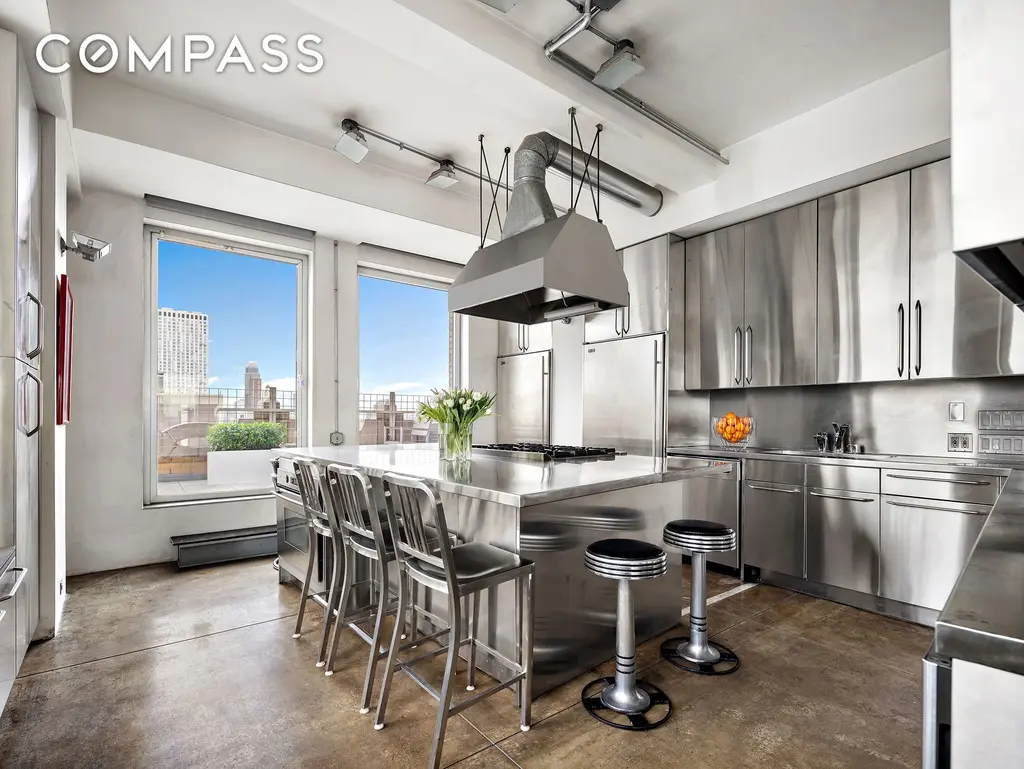

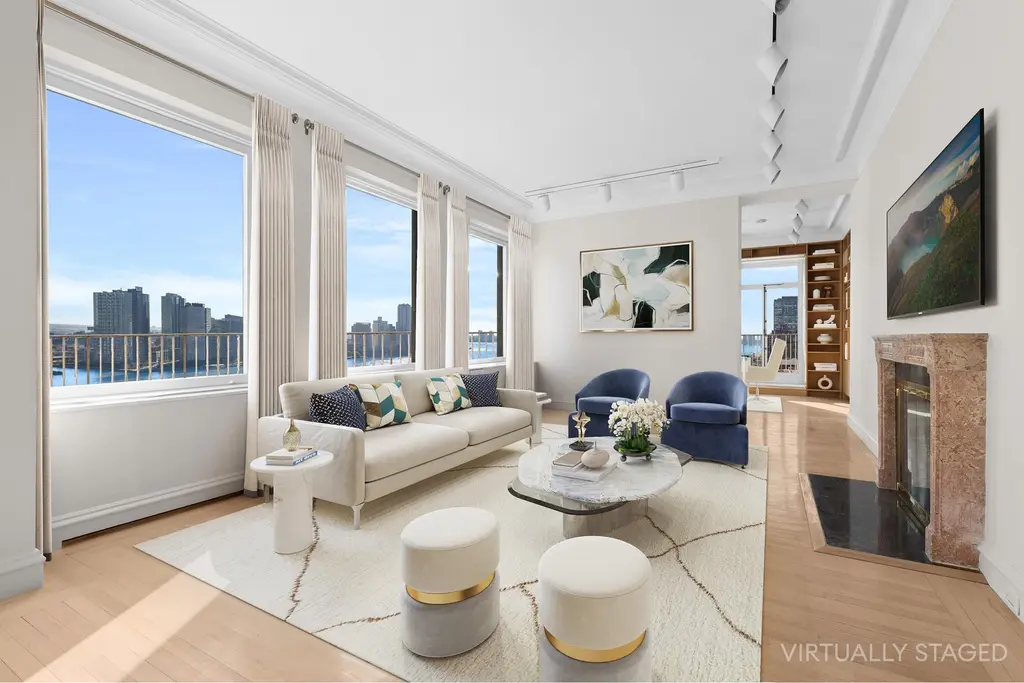
River House, #15A (Douglas Elliman Real Estate)


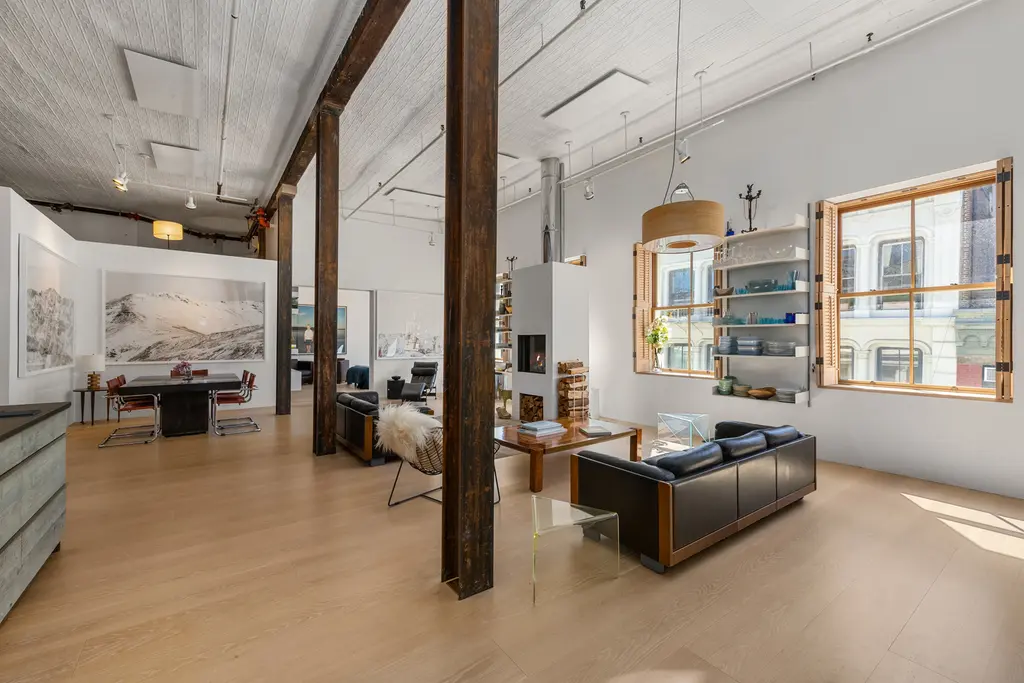
33 Greene Street, #5W (Serhant LLC)
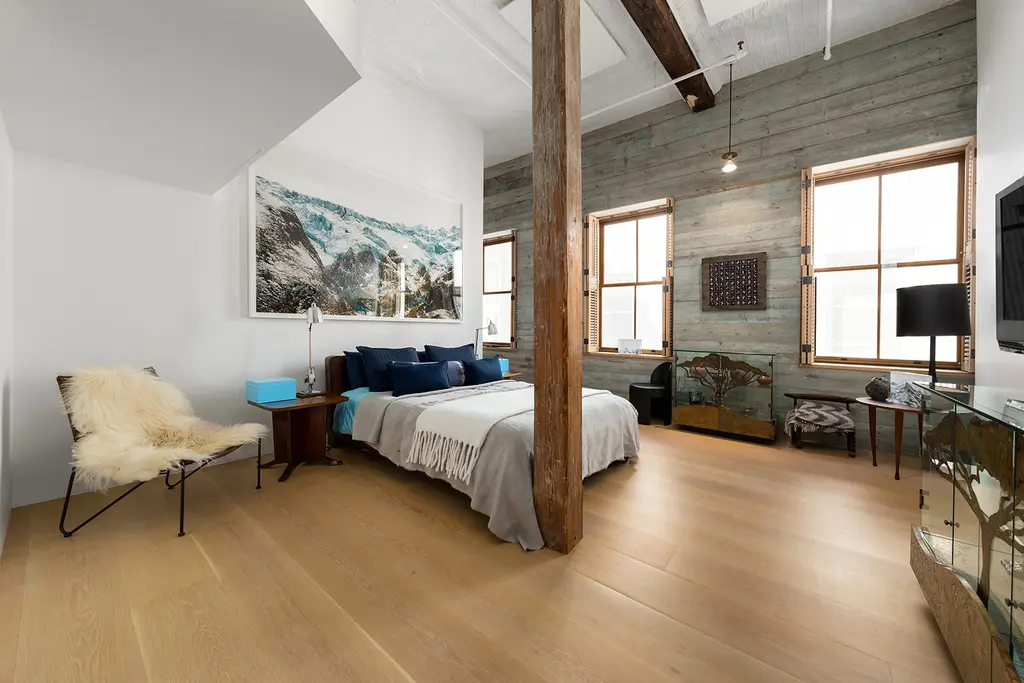
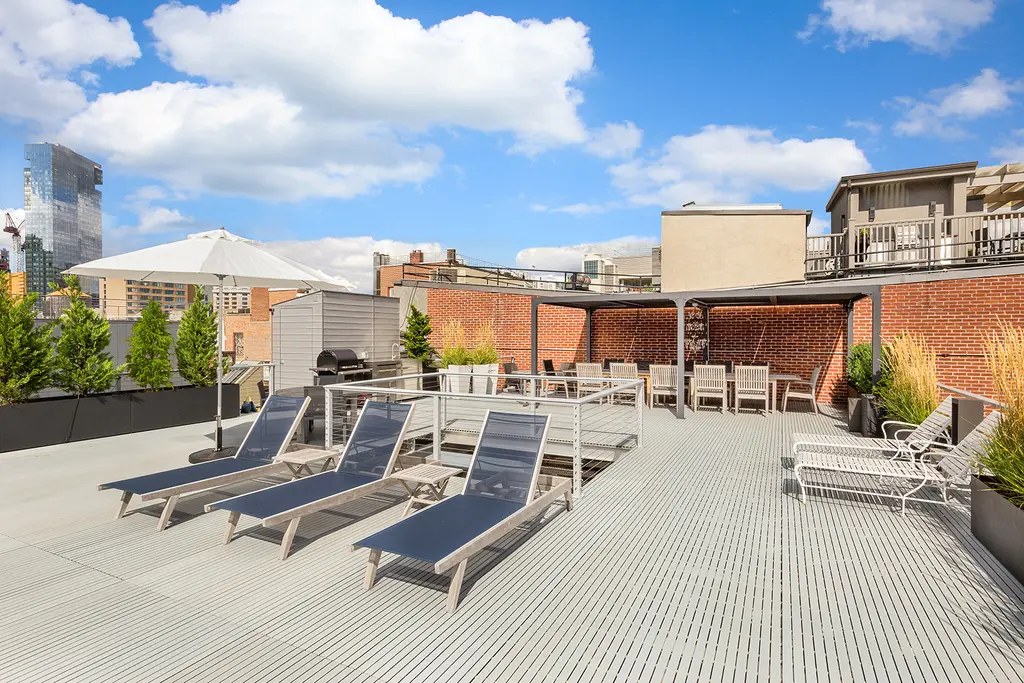

The Adelaide, #8FL (Berkshire Hathaway HomeServices New York Properties)


Would you like to tour any of these properties?
Just complete the info below.
Or call us at (212) 755-5544
Would you like to tour any of these properties?

Contributing Writer
Cait Etherington
Cait Etherington has over twenty years of experience working as a journalist and communications consultant. Her articles and reviews have been published in newspapers and magazines across the United States and internationally. An experienced financial writer, Cait is committed to exposing the human side of stories about contemporary business, banking and workplace relations. She also enjoys writing about trends, lifestyles and real estate in New York City where she lives with her family in a cozy apartment on the twentieth floor of a Manhattan high rise.








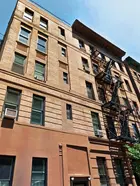





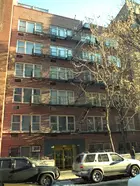

 6sqft delivers the latest on real estate, architecture, and design, straight from New York City.
6sqft delivers the latest on real estate, architecture, and design, straight from New York City.
